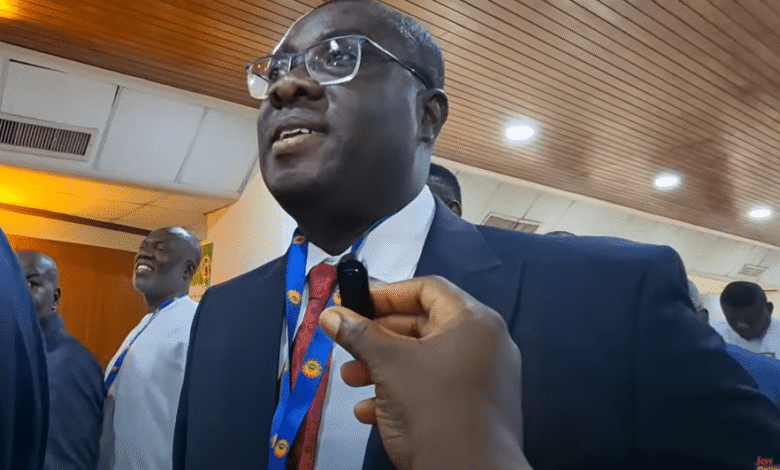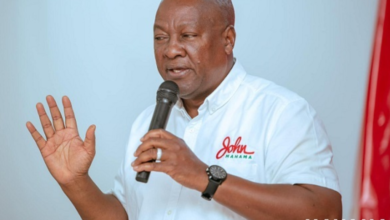Parliament must recognise sign language as a national language – Sammi Awuku

Sammi Awuku, Member of Parliament for Akuapem North, has made a passionate appeal to Parliament to take decisive steps toward strengthening inclusive education for students with disabilities, especially those in the deaf community.
Speaking during parliamentary proceedings on Wednesday, June 18, 2025, Awuku emphasized the need for targeted civic education, formal recognition of Ghanaian Sign Language, and improved support systems for teachers in deaf education.
“Mr. Speaker, Parliament must champion the development of civic education programs tailored to students with disabilities. These should be implemented through the National Commission for Civic Education (NCCE) and mainstreamed across the country,” he urged.
Awuku’s remarks followed a recent engagement with students from the Senior High Technical School for the Deaf in Mampong, whose input he described as “progressive and thoughtful.”
One of the standout proposals from the students, he noted, was the formal recognition of Ghanaian Sign Language as a national language. According to Awuku, the students argued that such recognition would not only affirm their identity but also foster public understanding and national cohesion.
“Mr. Speaker, one of the most progressive proposals made at the forum was for Parliament to formally recognise Ghanaian Sign Language as a national language,” Awuku said.
“The students argued, quite rightly, that such recognition would affirm their identity, improve public understanding, and promote greater national cohesion—as done in South Africa, Kenya, Uganda, Portugal, Paraguay, among other countries.”
He referenced Article 21 of the UN Convention on the Rights of Persons with Disabilities (CRPD), which urges states to promote sign language use and ensure its integration in official settings.
Awuku called on Parliament to consider legislative reforms and potential constitutional amendments to enshrine Ghanaian Sign Language in national law, integrate it into the basic education system, and extend sign language training across public institutions.
He also drew attention to the crucial role teachers play in deaf education, commending their emotional and psychological support for students despite difficult working conditions.
“Mr. Speaker, the role of educators in deaf education cannot be overstated. Teachers at the Senior High Technical School for the Deaf provide not only academic instruction but emotional and psychological support to their students,” he stated.
However, he lamented the lack of specialised allowances and limited accommodation provided to these teachers and echoed student calls for an “emotional allowance”—similar to incentives given to village teachers—and expanded housing facilities.
“Parliament must give serious consideration to these recommendations. Incentivising and retaining skilled educators in special needs schools is essential to bridging the inclusion gap in our educational system,” he concluded.




